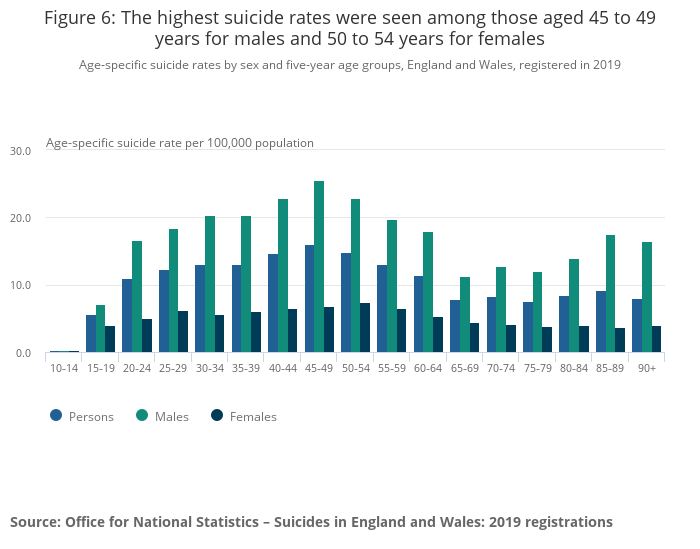Over £2,000 raised for Mind Cymru as tribute to Lewis ‘Ox’ Isaac and Siôn Mullane
CARDIFF Schools Rugby coaches have raised more than double their target for Mind Cymru in memory of two former under-16s players who lost their lives to suicide.
Every day of January, coaches for the Cardiff Schools rugby union were challenged to either run, walk, cycle or swim four kilometres a day.
The challenge ended with a “virtual 4K” on Sunday, during which people were encouraged to take part with the coaches on their final run of the month, sharing their progress under the hashtags #CofioOX and #CofioSiôn.

“With the pandemic, it’s been really hard to maintain a routine, or sense of any kind of normal, especially people if they’re involved in sport, going from a couple of sessions a week, to nothing,” says Chris Myhill, 43, a special needs teacher and coach taking part in the challenge.
“It was really just to get that 4k a day, to get out, that anyone could walk, and just make that part of the routine really. If your trainers are by the door, you just go and do it.”
Siôn Mullane had been a student at Ysgol Glantaff in Llandaff North, and went on to become a banker. He lost his life last summer, aged 27.
Lewis “Ox” Isaac was a former student of Willows High School in Tremorfa, and had ambitions to join the army. He died in 2019, aged 24.
Cardiff Blues paid tribute to the two in a recent match programme.
“Both Lewis and Siôn are past Cardiff School boys, both represented Cardiff at Dewar Shield level and were exemplary pupils who were a credit to their families and schools,” said the piece.
“Lewis, who attended Willows High School, was a member of the 2010-11 squad and Siôn, who attended Ysgol Glantaf, was a member of the 2007-08 squad. Both talented players and proud to wear the Blue and Black colours.”
Last year the Office for National Statistics reported that the suicide rate among men in the UK was at its highest in 20 years. The most likely to be affected were men aged between 45-49.

However, rates among younger groups for both men and women have also increased significantly, with suicide among women under 25 increasing by around 94% since 2012.
It’s a complicated public health issue, that can arise from many different factors, including relationship breakdown, substance abuse, or past trauma.
A report published by Samaritans in 2017 found that the risk of suicide was much greater for people living in deprived areas, for those who were unemployed or in debt, and those on irregular or short-term work contracts.
The Joseph Roundtree Foundation last year reported that more than a quarter of people living in Wales were below the poverty line, even before the pandemic.
Suicide is highly preventable when the right support is in place. The British Medical Journal emphasises the need to ensure access to mental health services for all who need them.
Feeling part of a community is also important, and The Lancet suggests regularly checking in with friends, family and neighbours, using digital methods like Zoom where face-to-face interaction isn’t possible.
Mental health has been a frequent topic of conversation since the first set of national lockdown measures were introduced last March, as many became cut off from their loved ones for long stretches of time.
Chris Myhill admits he’s felt some of the sting of this, but completing the January challenge has helped.
“I’ve definitely had ups and downs throughout the pandemic, and maybe before that as well. And sport’s always been something that I’ve heavily relied on.

“I’d say that doing sport and exercise has definitely benefitted my mental health.
I sort of live on my own, and living on your own and having periods of isolation through these lockdowns has been challenging, but when you don’t feel like exercise, that’s when it’s most important. I’ve found that just having your trainers and your kit, just hanging up, ready to go, is a really massive part of that.”
You can donate to the Cardiff Schools fundraiser here.
If you or someone you know is struggling, you can contact Samaritans for free on 116 123. Their service is available 24/7, 365 days a year.
You can also speak to Samaritans in Welsh, if you prefer, on 0808 164 0123 (open 7-11pm, every day)
If you’re not comfortable or are unable to make a phone call, further support options are available on their website.
Thursday, February 4 is Time to Talk Day, when people across Wales are encouraged to have a conversation about mental health within their communities. You can find more information and resources for the day here.



